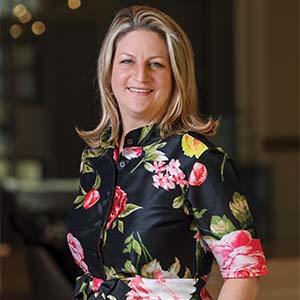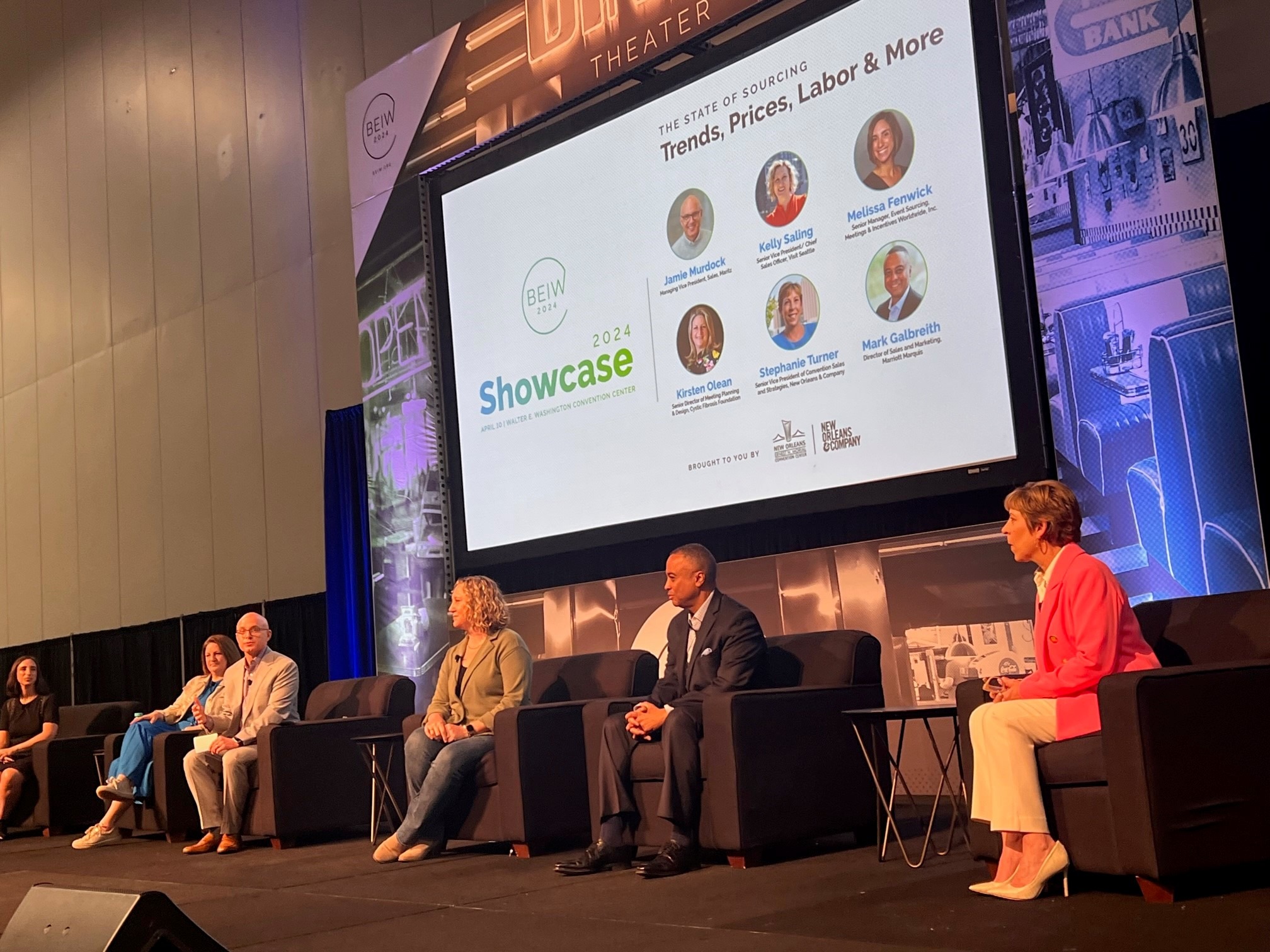The word “partnership” gets thrown around a lot in the events world, but when there are too few ballrooms for too many functions being planned, meeting planners and hotel and destination counterparts often find themselves on the losing end of negotiations that could be win-wins. At Showcase during Business Events Industry Week, a diverse group came together to get to the bottom of what the term really means and how to better replicate the collaborative implications.
Incredible Expanding RFPs
According to the Online Etymological Dictionary, “partnership” evolved by the late 14th century from a Latin root to “one who shares power or authority with another.” If corporate planners, third-party consultants, hotels and destinations share power over the execution of event programs, then why is sourcing sometimes such a challenge?

Jamie Murdock, executive sales leadership culture creator with Maritz, tried to get to the bottom of the confusion over the broken Request for Proposals (RFP) process by asking what has changed about RFPs. Melissa Fenwick, senior manager of event sourcing with Meetings & Incentives Worldwide, explained the expanded targeting now being employed. “We are having to add more hotels than in the past because of a lack of availability. We are also looking at tier-two cities, so we have more options to show clients.”
Read More: ASAE-DI Partnership to Focus on Security and Diversity
That multiplication in the number of destinations and hotels receiving each RFP, along with the reality that many on all sides are still staffing up and training, is leading to slower-than-ideal response times, according to Stephanie Turner, senior vice president of convention sales and strategies with New Orleans & Company and a 2023 Smart Meetings Catalyst Award winner. “That is why it’s very important for all of us to be able to give a very detailed and thorough response,” she said.
What often isn’t covered in the response to the RFP is the challenge hotels are having with costs rising, ownership interests and shifting leisure demand.

Once the hotel or destination has responded, the wait often begins on the other side of the email thread. Kirsten Olean, director of meetings with Cystic Fibrosis Foundation and a 2022 Smart Women in Meetings winner, said the problem on her end is educating internal stakeholders about how the landscape has shifted. “We are pushing our internal stakeholders to book further out and make quick decisions because the reality is that two or three people may be in line waiting for those dates.”
Then she was blunt. “We are also becoming much more demanding because our internal stakeholders are asking for more. To be good partners, we may have to give a little more and learn to be flexible.”
Murdock agreed that “multithreading,” a term borrowed from computer programming that refers to the need to serve many stakeholders in a company with different needs, was one of the challenges that makes coming to an agreement more challenging.
Educating the executive team about the importance of booking early can be difficult without some hard lessons. Fenwick from Meetings & Incentives Worldwide said as long as the sourcing team keeps making the magic happen, the client will assume they can continue to do so even in a compressed supply environment.
Hope for the Future

In a world where time is one of the most valuable resources, Kelly Saling, senior vice president and chief sales officer with Visit Seattle and a 2023 Smart Women in Meetings Award winner, suggested the solution might be levels of response. “When such a wide net is cast, it would be beneficial to start with a Request for Information (RFI) and ask for a response about whether there is hope or no hope for the dates requested. Then you can do a deep dive with a shorter list of destinations and hotels.”
Another counter-intuitive hack is being open about priorities. Fenwick from Meetings & Incentives Worldwide says it doesn’t make sense anymore to hold back cards to reveal during negotiations. “Be upfront about what the dealbreakers are,” she said.
At some point the partnership has to be mutually beneficial, said Visit Seattle’s Saling. “If 100 things are equally important, it’s hard to respond appropriately. And then you start to feel like I love you more than you love me, and this is going to get awkward.”
New Orleans & Company’s Turner reflected that a good conversation can cure what ails the negotiation process. “The best resolutions I’ve seen are when people come together, not on email, but in actual conversation to figure out what will work, because the costs are really on both sides.”
Kirsten Olean with CFF agreed. She said the solution on both sides is overcommunication, including with internal stakeholders. “That way everybody can be prepared. That builds trust.”




